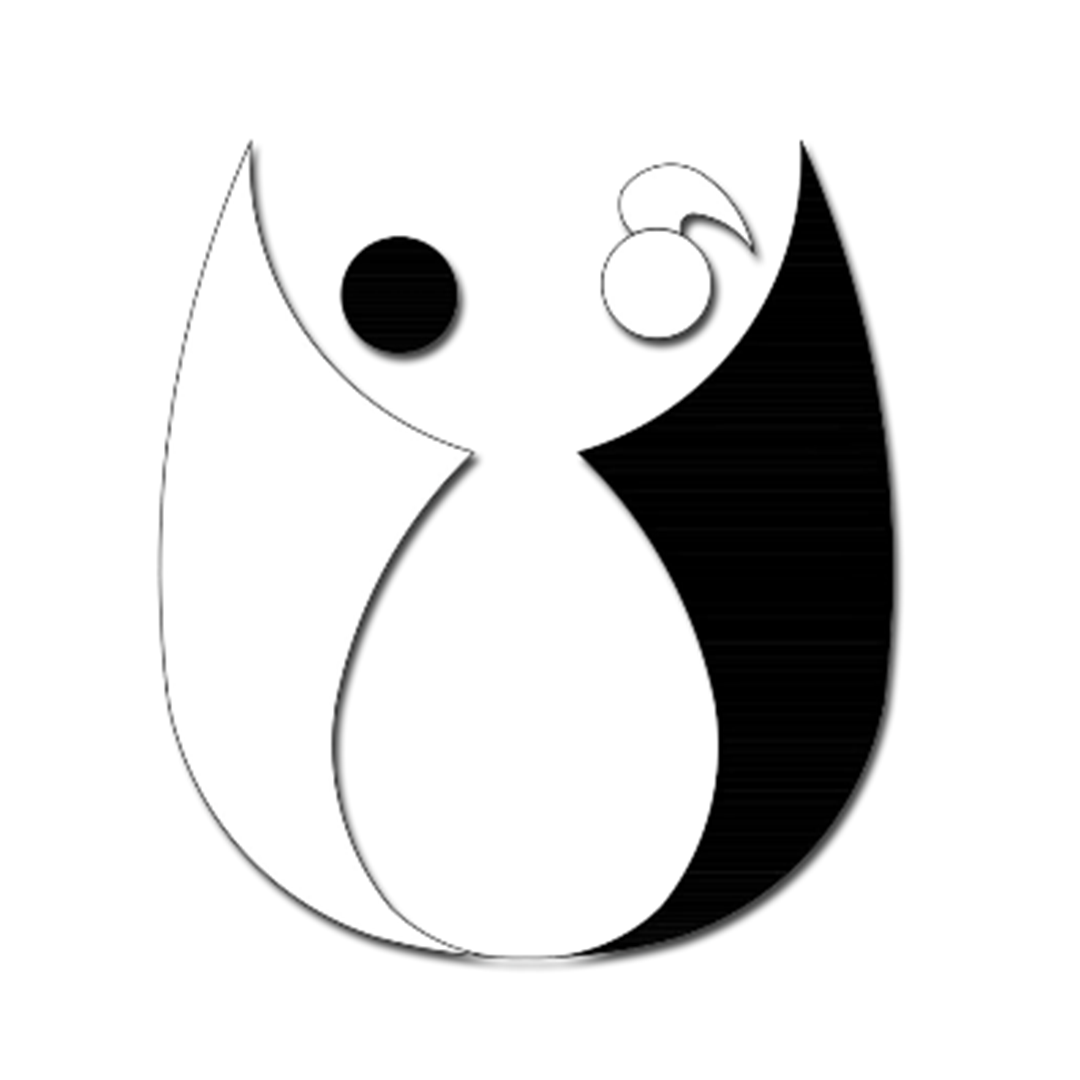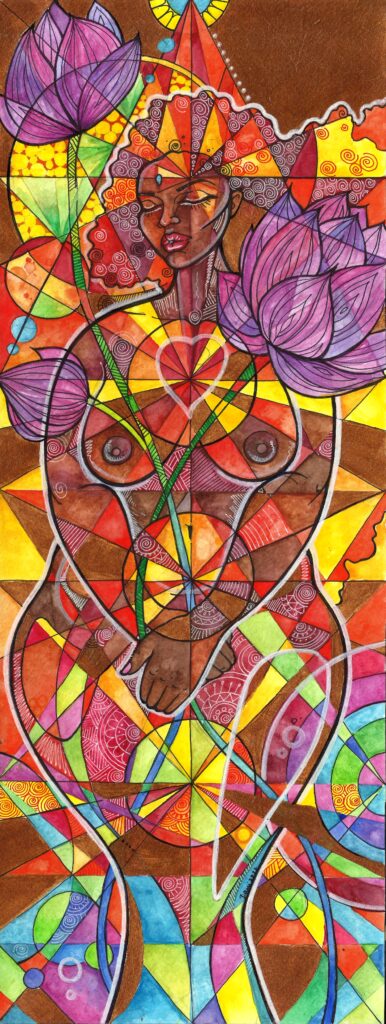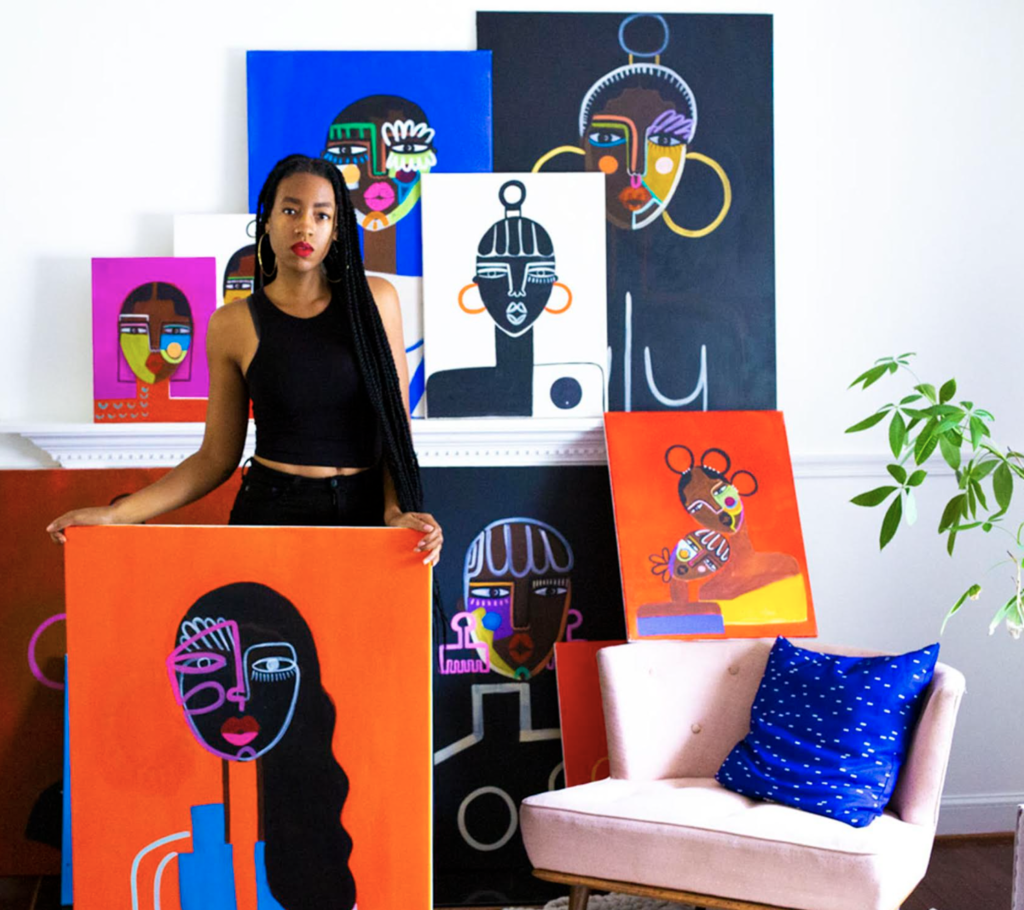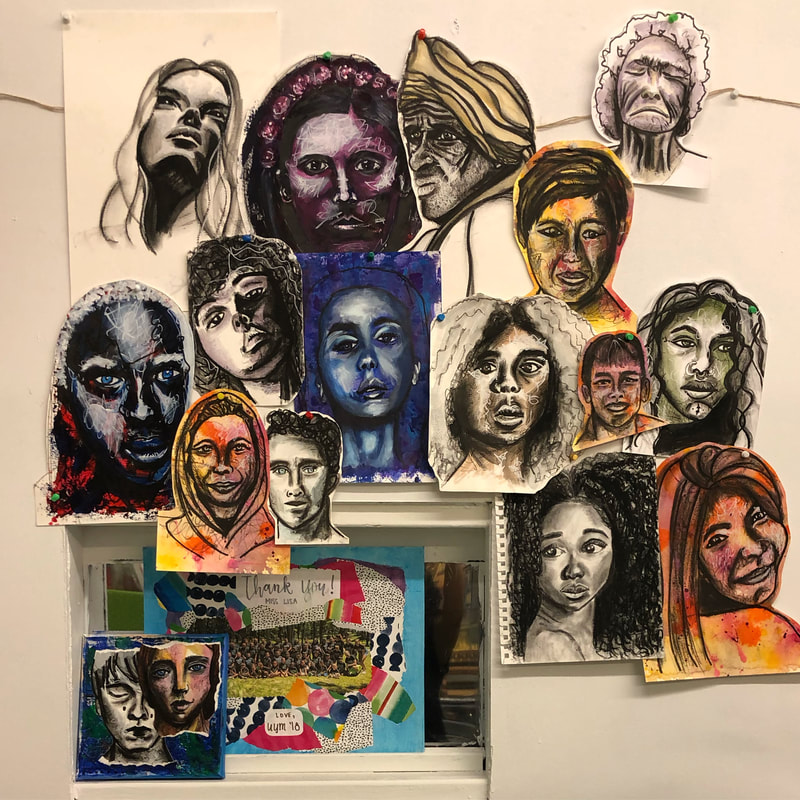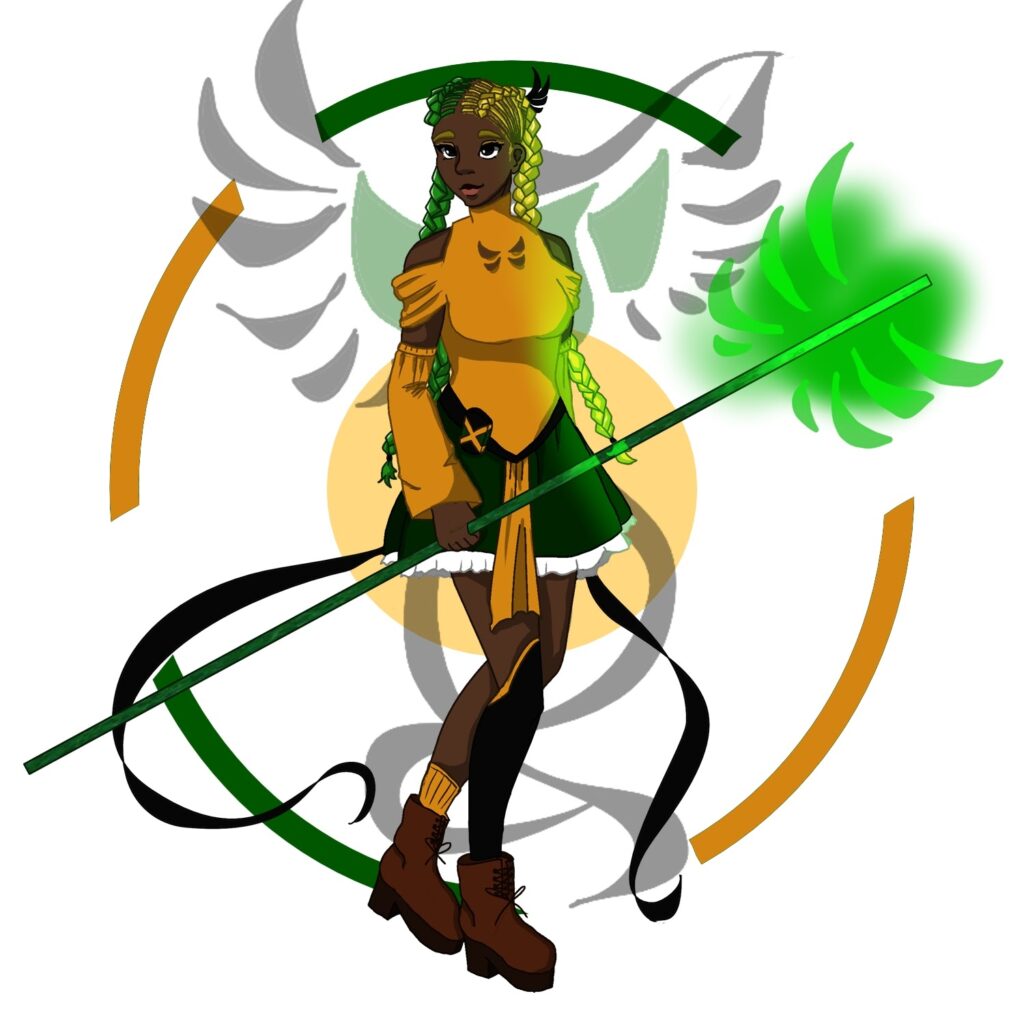Written By: Joseph Haughton
April is the cruellest month, breeding
lilacs out of the dead land, mixing
memory and desire, stirring
dull roots with spring rain.
Winter kept us warm, covering
Earth in forgetful snow, feeding
a little life with dried tubers. (Eliot, T. S., lines 1-7 1 )
I read these words during my first spring in college, when they introduced me to “The Waste Land,” T. S. Eliot’s influential 1922 poem. Its meaning is hard to pin down – meaning might not even be the right word – but the poem deals with death, desolation, and the prospect of renewal, all relevant themes from the aftermath of WWI and Eliot’s own mental illness. “The Waste Land” is among my favorite pieces of art, though the beginning of our relationship was rather frosty.
You see, Eliot was nothing if not a scholar, and “The Waste Land” itself is first and foremost an impressive piece of scholarship; the poem is so full of allusions that it takes a mountain of notes to make sense of the thing. My class made us buy the Norton Critical Edition, of which only about 15 pages are devoted to the text of the poem, while the remaining 250+ pages go to explanations and commentary.
Some of the poem is straightforward. Other parts… not so much.
I sat upon the shore
Fishing, with the arid plain behind me
Shall I at least set my lands in order?London Bridge is falling down falling down falling down
Poi s’ascose nel foco che gli affina
Quando fiam uti chelidon – O swallow swallow (Eliot, lines 423-428)
He manages to slip both Italian and Latin in those last two lines. There’s also the famous lament of the Rhine-maidens a little earlier.
Weialala leia
Wallala leialala (Eliot, lines 276-277)
Thankfully, this is (sort of) explained in notes. Good luck deciphering the rest if your familiarity with English geography, medieval literature, and Buddhism is limited. Suffice to say, it’s not exactly casual reading.
“The Waste Land” proved to be a stumbling block for me. It was frustrating to work with, and it became symbolic of how far away I was from home. And boy, oh boy, it wasn’t just any fancy poem, it was ART. Like ART™. Like Venti iced chestnut praline latte (with two pumps! and oat milk!) levels of ART.
Granted, I went to college looking for ART™. Where I was from, art seemed so far away, seen only on TV, curated by eccentric and wealthy people in a sterile white museum, much removed from my working-class community. My creative interests were only half-formed and if I’d wanted any more, I’d have had to travel well outside my area. But man, I was pulled in anyway by a mix of fascination and fetishization. Home didn’t feel like it was enough, so I left, heading somewhere not just physically distant, but culturally distant as well.
I had so wanted to have that art in my life. I wanted it to speak to me, the way it must have spoken to those wealthy folk I imagined. And sure enough here it was, embodied in “The Waste Land,” damn near incomprehensible, and suddenly so… trivial. Eliot seemed to confirm all my suspicions about art: that it was inaccessible and difficult, that it was kind of masturbatory (Eliot, you dirty boy), and that my studying it was an indulgence that my family, my community, could scarce afford.
Just like that, I was caught in the trap. Outside my dorm window, people were protesting the murder of Black people, and I was inside reading a poem that Jesus himself wouldn’t be able to understand. How was I supposed to explain this to my family? Well, see, there was this sad guy who was writing bird sounds into his poetry, and it was, like, objectively profound and he may have revolutionized the literature landscape, and that’s why you have to co-sign this loan so I can finish college. It was absurd, I felt absurd, and I knew that I really loved this absurd thing. It didn’t even really feel like diving deeper
into it was an option. And if it was an option, it was the irresponsible option, the one that didn’t have the job I would desperately need at the end.
Art can be a very weird space to be in sometimes. A step toward art can feel like a step away from things that are not art. It can be hard to strike the right balance between art and not-art, especially when your livelihood demands fealty to one or the other. Personally, I write, and I can get to be obsessive about my writing. It crowds out everything else, and the days blur into paragraphs, the daybreaks only syllables. That self-absorption is not always healthy, or even good for the writing. Stepping into art as community
– being around others in art – can feel surreal and intoxicating. I never like leaving that space, sometimes because it feels more real (more “true,” I guess) than other spaces I go through. The other parts of life feel like they get in the way. The writing is the escape from everything else, and at those points, there just isn’t enough time or space for what I wish I could do.
Other times, the non-art dominates. Life, suddenly, seems to be everywhere and so much more important than my writing. I have too many other things going on that require my attention, and the doubts start to creep in. I think about the lack of money writing brings in and the work it’ll take to get anywhere. Sallie Mae waits for no man. I wonder if I’m any good at it, if my time isn’t better used in career, if this could possibly work. If I should do this. What does it mean for me, a product of the Ivory Tower, to spend my days studying something accessible to only the few? Engaging with art in class brought up an acute awareness of the privilege and exclusivity that undergirded my education, and that’s always made me a little uncomfortable.
Eventually life sat me down and learned me a couple things, appropriately enough when I was surrounded by “art” that made me feel hollow. To escape that, I leaned on the art that made me feel full, and I came to see that I needed that stuff in order to live and live well.
The divisions I thought existed between my lives were false: true, art access was not easy back home, but that did not mean that my home was not artful. It meant the art was often subtler, more understated, more woven into the social fabric than dyed and shining as it was elsewhere. Art is made by people; it’s in all their acts of creation, their small, very human drive to make things for themselves, even when it’s just the act of making their lives work. Learning to appreciate those features of my home community was (always) a worthy endeavor. My life away – my “art” life – was not separate from but rather an extension of my old life. I wanted to provide for my family, I wanted to give back to the world, and I wanted to be happy. Art was never the obstacle – developed just right, it was (and remains) a path to all those things. The art and the non-art are intertwined.
Not all my poems are for my parents, and not all my poems are for my friends. Some are for the world, and some are for me. The lines shift and change. Different works flow from different parts of my life and respond to different needs. My art can be as expansive as my life is – that’s not a bad thing. True, creating can be intensely personal. Putting it out for others to consume can be hard, and you don’t always get the response you’re hoping for. Sometimes people will appreciate, but they won’t necessarily understand. Often they’ll be supportive, but unsure of where they fit in (and honestly, you may not know yourself). But this can come with the territory, and it is crucial to remember that art ultimately is for people, wherever they may be.
Eliot wrote something beautiful, and it was ok for me to want more. There was, in fact, something in there for me, even if people like me didn’t always get to be included. Art is flexible – with a keen eye and a deft hand, a stumbling block can be transformed into a bridge.
Eliot would one day help me process my own grief, and I used his work to make something meaningful for my loved ones, letting “The Waste Land” become an echo as I called onward to home.
[The following is an excerpt from a poem for my grandmother, who helped finance my education but didn’t live to see me graduate.]
November is the cruelest month, for it has robbed me of you.
[…]
Before the rainbow came the rain,
and this was a storm that first rolled over the sea
and then over the mountains, but I
was away and rushing home regardless.
A hurricane, a real one, wipes the land clean
and this bridge would be overwhelmed as any other.
Three days I was in the river – three days the grave holds sway –
and then the percussion in me sang in your voiceMerciful Father! Thank you Jesus!
Grandson!So titled, my being was made complete
in the rainand the percussion in me sang in my voice to you
August matron! The Lord beckons you home, too soon!
and the thunder above sang in our voice together
The Lord gives and the Lord has taken away.
[…]
The rain beckons from a nation away,
over a mountain colored blue from the shades of souls
risen above at last, all singing “COMPASSION,”
God give us compassion.
All “The Waste Land” quotes are from:
Eliot, T. S. “The Waste Land.” The Waste Land: Authoritative Text, Contexts, Criticism, edited by Michael North.
New York: W.W. Norton, 2001. Print.
